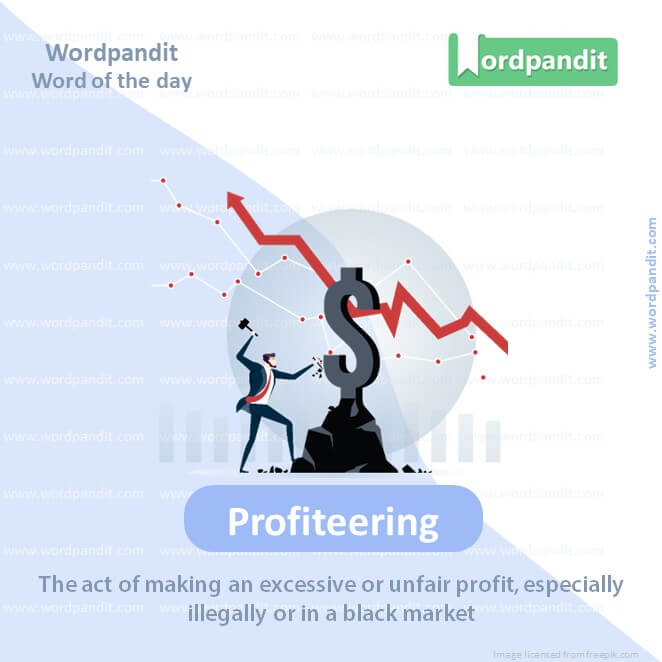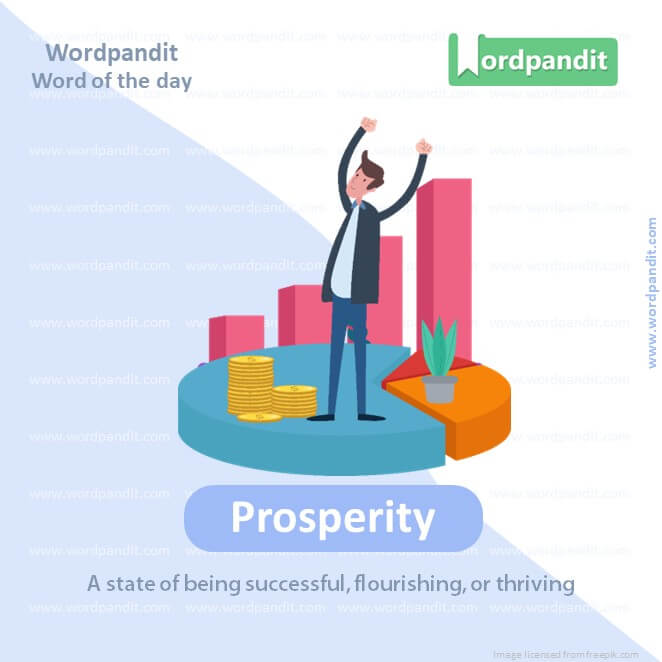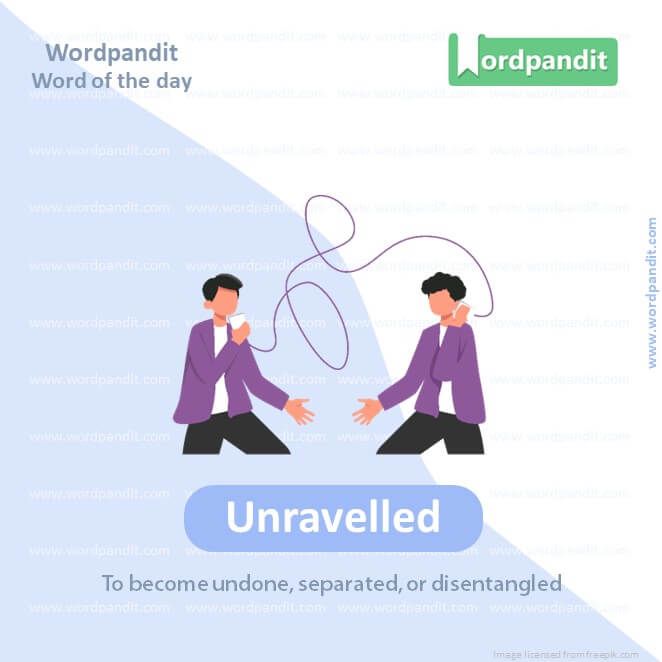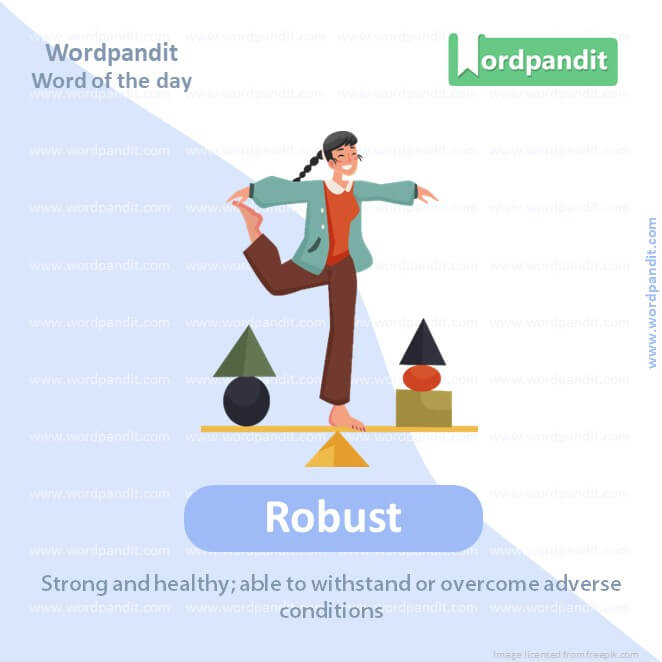Daily Vocabulary Words: List of Daily Used Words in Leading International Newspapers
Hi there. Welcome to this special section @ Wordpandit.
Our endeavour here is very simple: to highlight important daily vocabulary words, which you would come across in leading newspapers in the country. We have included the following newspapers in our selection:
• The New York Times
• The Washington Post
• Scientific American
• BBC
• The Guardian
• Psychology Today
• Wall Street Journal
• The Economist
We are putting in extensive work for developing your vocabulary. All you have got to do is be regular with this section and check out this post on a daily basis. This is your repository of words that are commonly used and essentially, we are posting a list of daily used words. Hence, this has significant practical application as it teaches you words that are used commonly in leading publications mentioned above.
Visit the website daily to learn words from leading international newspapers.

Word-1: Profiteering
Meaning: The act of making an excessive or unfair profit, especially illegally or in a black market.
Synonyms: Gouging, overcharging, exploitation, swindling, extortion, racketeering, price gouging, usury, black marketeering.
Usage Examples:
1. During the crisis, some unscrupulous traders were accused of profiteering.
2. The government introduced new laws to prevent profiteering during emergencies.
3. Many felt that drug companies were profiteering from the epidemic.
4. There was a public outcry against the blatant profiteering after the disaster.

Word-2: Prosperity
Meaning: A state of being successful, flourishing, or thriving.
Synonyms: Affluence, wealth, opulence, well-being, success, comfort, riches, luxury, good fortune.
Usage Examples:
1. The nation enjoyed a period of prosperity during the post-war years.
2. Education is often seen as a pathway to prosperity.
3. Their family has known both hardship and prosperity.
4. The town’s prosperity was largely due to the booming textile industry.

Word-3: Referendum
Meaning: A general vote by the electorate on a single political question that has been referred to them for a direct decision.
Synonyms: Plebiscite, vote, ballot, poll, public vote, popular vote, show of hands, survey.
Usage Examples:
1. The government decided to hold a referendum on the issue of joining the union.
2. Many important decisions in the country were made through a referendum.
3. The referendum showed overwhelming support for the proposed law.
4. Critics argued that the referendum results were influenced by biased media coverage.

Word-4: Unravelled
Meaning: To become undone, separated, or disentangled.
Synonyms: Untangle, unsnarl, disentangle, untwist, unwind, decipher, solve, disentwine.
Usage Examples:
1. The sweater unravelled when I pulled the loose thread.
2. As they investigated, the mystery slowly unravelled.
3. Her plans unravelled after the main investor withdrew.
4. The detective unravelled the complicated plot of the crime.
Word-5: Constraints
Meaning: Limitations or restrictions.
Synonyms: Restrictions, limitations, confines, restraints, boundaries, impediments, hindrances, checks.
Usage Examples:
1. Budgetary constraints affected the scope of the project.
2. The artist used the constraints to fuel her creativity.
3. The tight deadline placed severe constraints on the team.
4. There are certain ethical constraints in scientific research.
Word-6: Vile
Meaning: Extremely unpleasant or morally reprehensible.
Synonyms: Repugnant, disgusting, repulsive, revolting, loathsome, abhorrent, odious, detestable.
Usage Examples:
1. The dictator was responsible for vile acts against humanity.
2. The kitchen was filled with a vile smell after the power outage.
3. He had a vile temper that scared everyone around him.
4. The critics wrote vile things about her performance.

Word-7: Robust
Meaning: Strong and healthy; able to withstand or overcome adverse conditions.
Synonyms: Strong, vigorous, sturdy, durable, resilient, hardy, powerful, potent.
Usage Examples:
1. The system is robust and can handle high volumes of traffic.
2. The economy remained robust despite external challenges.
3. A robust debate ensued regarding the new policy.
4. He has a robust constitution and rarely falls ill.
Word-8: Indictment
Meaning: A formal accusation that someone has committed a crime, typically made by a grand jury.
Synonyms: Charge, accusation, allegation, imputation, arraignment, summons, complaint, citation.
Usage Examples:
1. The businessman faced an indictment for fraud.
2. The report was a severe indictment of the previous administration’s failures.
3. Several members of the gang were under indictment for robbery.
4. The public saw the scandal as an indictment of the industry’s greed.
Word-9: Intimidation
Meaning: The action of intimidating someone, or the state of being intimidated.
Synonyms: Threatening, bullying, menace, terrorizing, browbeating, coercion, pressure, force.
Usage Examples:
1. The bully’s intimidation tactics made life difficult for many students.
2. The activists refused to be silenced by the government’s intimidation.
3. Intimidation in the workplace is unacceptable and can lead to legal consequences.
4. The regime used intimidation to suppress any form of dissent.











